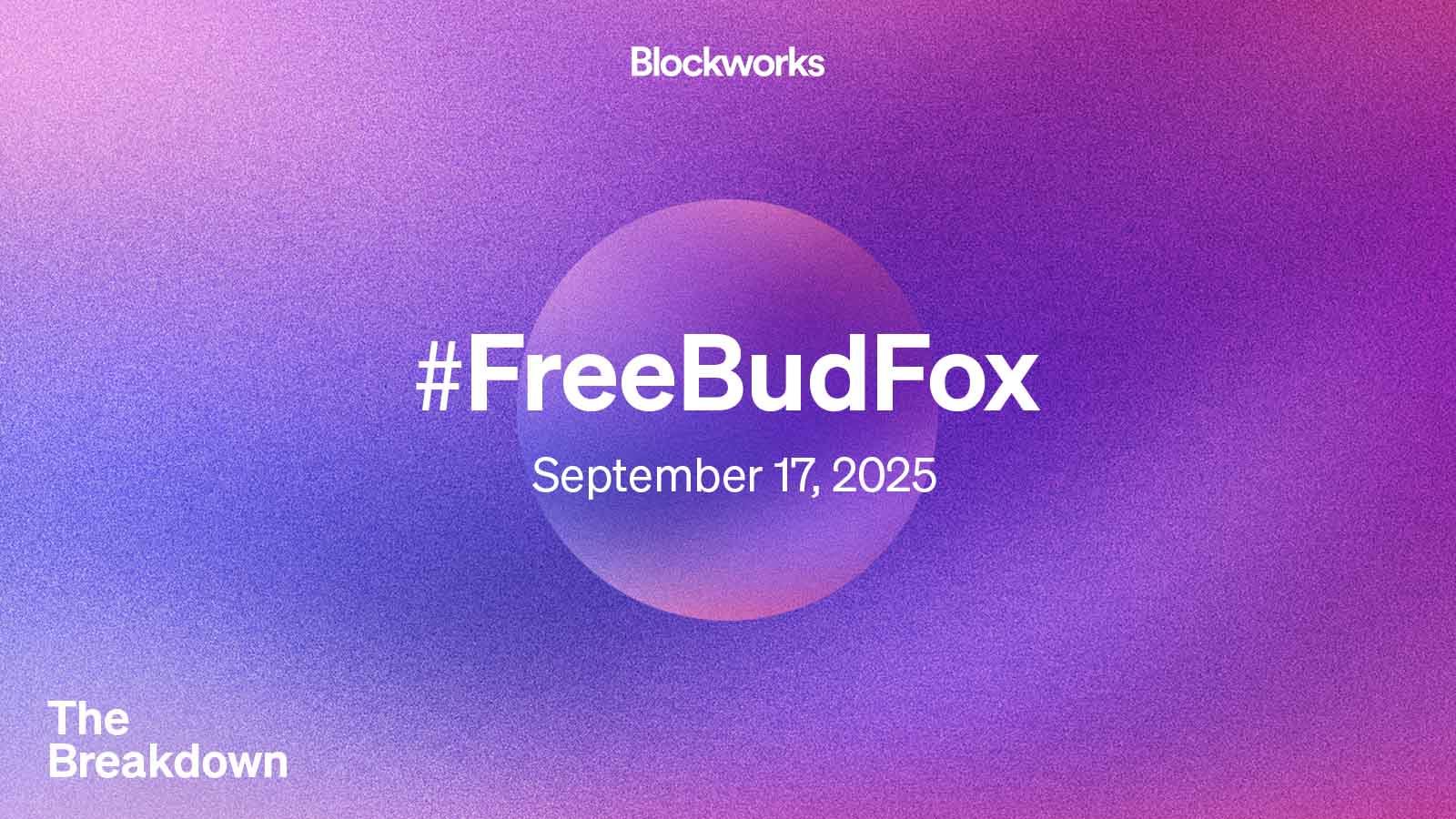- More than 3,000 developers from across the world came together for the hackathon, creating around 400 teams and producing more than 100 approved proposals in a single week.
- The event demonstrated the first marketplace where AI agents communicate, trade, and grow into real businesses, demonstrating what is possible with Coral v1.
The Internet of Agents Hackathon was held in New York City in collaboration with Solana and Coral Protocol, the open infrastructure that drives the Agentic Economy. The event demonstrated the first marketplace where AI agents communicate, trade, and grow into real businesses, demonstrating what is possible with Coral v1.
More than 3,000 developers from across the world came together for the hackathon, creating around 400 teams and producing more than 100 approved proposals in a single week. The event recognized exceptional initiatives in a variety of categories, including Agent Developers, Application Developers, and Partner Technologies creating practical use cases, with a $100,000 prize fund. Using Coral’s Solana-powered infrastructure, developers created agents that were more than simply prototypes; they were complete applications that addressed pressing issues in a variety of fields, including healthcare, finance, education, decentralized finance, content production, and climate change.
In addition to Coral’s Solana-based infrastructure, top technology partners Mistral AI, ElevenLabs, Crossmint, Lovable, AI/ML API, Nebius, LabLab.ai, and NativelyAI actively participated in the competition by offering tools, integrations, workshops, and mentorship.
Coral brought in 20 of the best artificial intelligence developers in London from its Mafia in Manhattan prep event to compete with the international talent pool in order to bolster the competition. Coral’s co-founders, Roman Georgio and Caelum Forder, conducted workshops both in-person and virtually over the week, with assistance from partners and the LabLab.ai team to provide practical advice. In order to engage with investors and demonstrate how their agents may develop into viable companies, the hackathon’s finalists gave live pitches of their initiatives at Solana Skyline NYC.
Coral offered $27,500 in post-hack rewards to encourage teams to continue creating after the event in an effort to further increase momentum. These bonuses encourage developers to transform their prototypes into companies by rewarding growth-oriented milestones like hitting $1,000 ARR, getting 100 sign-ups, getting 500+ likes on a LinkedIn post, or being featured by well-known YouTubers.
Roman Georgio, Co-founder of Coral Protocol, said “V1 was just the start. The next hack will be bigger, the marketplace will have a smooth UI, attestation will be added to verify the agents, and the developer experience will be greatly improved.”
The open infrastructure that links the Internet of Agents is Coral Protocol. It makes it possible for AI agents to cooperate, build trust, and conduct business, becoming the foundation of the Agentic Economy. Coral, which is based on Solana for safe and economical settlement, enables developers to deploy agents in a real-time marketplace where they can be discovered, leased, and paid automatically.
For helping to make the Internet of Agents Hackathon possible, Coral Protocol would like to thank Solana, Mistral AI, ElevenLabs, Crossmint, Lovable, AI/ML API, Nebius, LabLab.ai, and NativelyAI.
The basis for safe AGI is laid by Coral Protocol, an open and decentralized collaborative infrastructure that facilitates coordination, communication, trust, and payments for the Internet of Agents. Visit https://www.coralprotocol.org/ to learn more.
Source: https://thenewscrypto.com/coral-protocol-and-solana-host-internet-of-agents-hackathon-boosting-agentic-economy/



